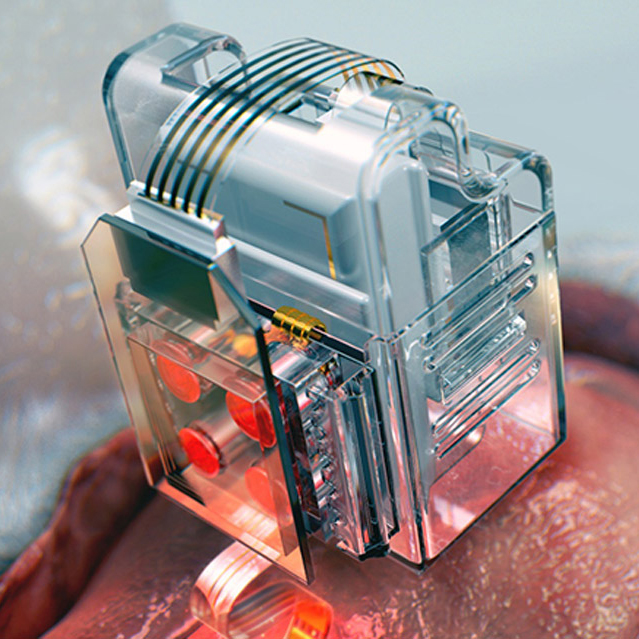Soft neural implant allows scientists to manipulate brain cells via smartphone

Brain disease research could be sped up using a smartphone-controlled "plug-and-play" neural implant invented by scientists from the USA and South Korea.
The researchers, who come primarily from the Korea Advanced Institute of Science and Technology (KAIST) and the University of Washington, designed the soft device to deliver drugs or coloured lights directly to targeted neurones, with the goal of accelerating discovery about Parkinson's, Alzheimer's, addiction, depression and pain.
The LEDs involved are smaller than a grain of salt, and the drugs transmitted by microfluidic channels the thickness of a human hair.
Device controlled by "elegant, simple" smartphone interface
For neuroscience researchers, the main advantage of the new wireless implant is ease of use. The inventors describe its replaceable drug cartridges as "Lego-like" and "plug-and-play", while set-up happens over an "elegant, simple" smartphone interface. For the subjects ? mice, in current testing ? the small, soft device won't impede movement and is safer to use over time.
Current devices used in this field are rigid, so they cause lesions in soft brain tissue over time. With the new device, neuroscientists can now monitor one area of the brain over much longer periods, and with the test subjects moving freely.
"It allows us to better dissect the neural circuit basis of behaviour, and how specific neuromodulators in the brain tune behaviour in various...
| -------------------------------- |
| Forensic Architecture create digital reconstruction of an "architectural instrument of torture" |
|
|
Villa M by Pierattelli Architetture Modernizes 1950s Florence Estate
31-10-2024 07:22 - (
Architecture )
Kent Avenue Penthouse Merges Industrial and Minimalist Styles
31-10-2024 07:22 - (
Architecture )






